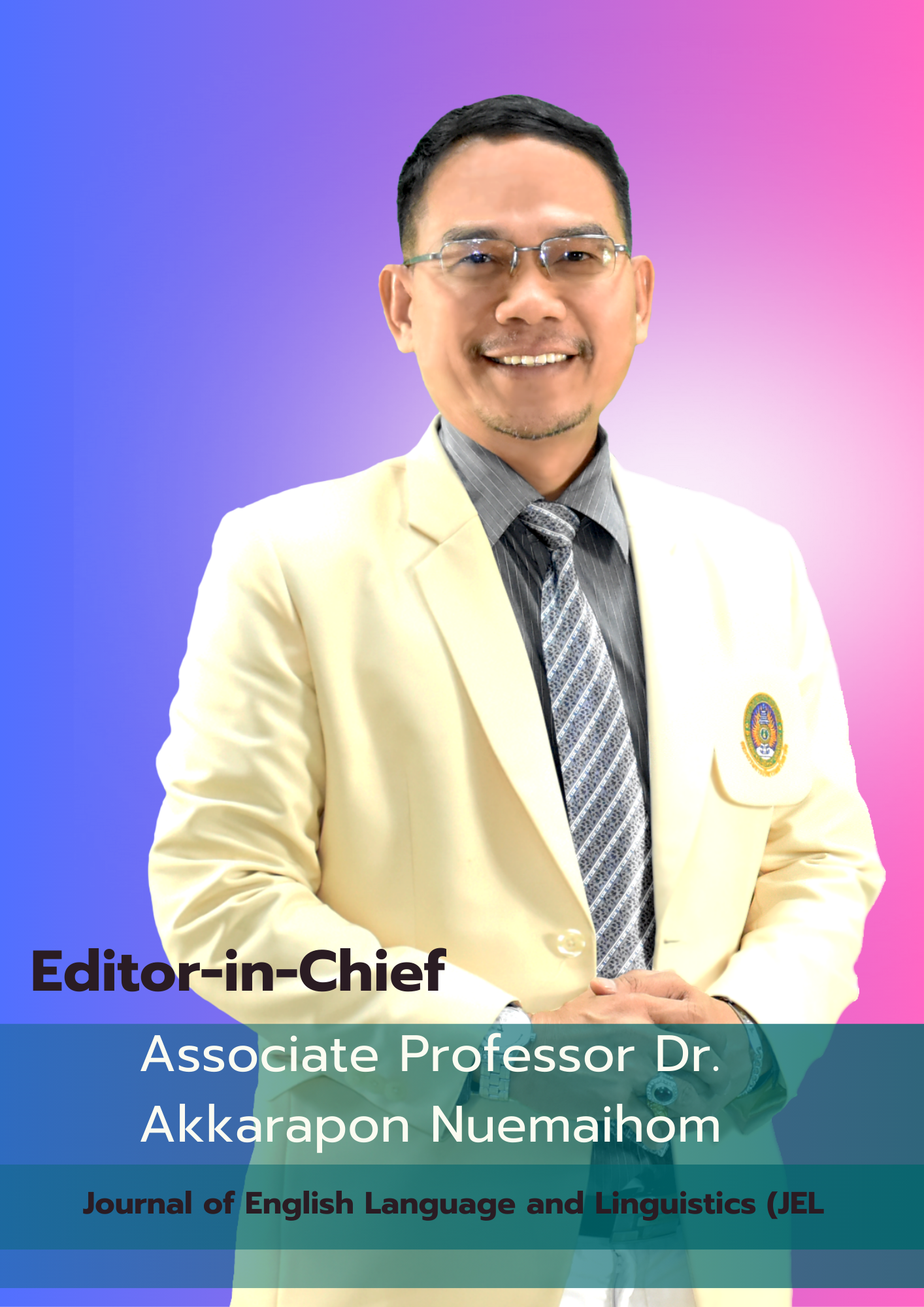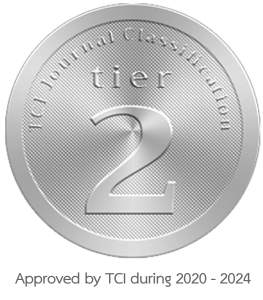Teaching Poetry to Increase the Comprehension of University Students: Myanmar Context
Keywords:
Teaching poetry, University students, Myanmar contextAbstract
Dramatic play can be defined as a type of play where students accept and
assign roles, and then act them out. It is a time when they break through
the walls of reality, pretend to be someone or something different from
themselves, and dramatize situations and actions to go along with the roles
they have chosen to play. This research aimed to investigate university
teachers’ views of teaching poetry through dramatic play at universities in
Myanmar and evaluate students’ responses in such an approach to teaching
poetry. A qualitative research study was conducted in language classrooms
of selected universities in Myanmar. This research included the
questionnaire data obtained over a one-year period (2018-2019) from 85
university teachers and 210 undergraduate students. Statistical analysis of
the data revealed that only some of teachers asserted their role to the
development of aesthetic appreciation among their students. They also
make play possible. Dramatic play provides an excellent context for
students to develop and practice many important skills and behaviors that
contribute to later success at university and life. Some of the students
asserted themselves with greater confidence about their understanding of
poetry. Thus, more attention should be paid to appreciate poetry as an
artistic and aesthetic medium. Some of the benefits of dramatic play
mentioned by the students are having relief from emotional tension, feeling
powerful, using social interaction skills, having language development,
using symbols, and sorting out fantasy and reality.














